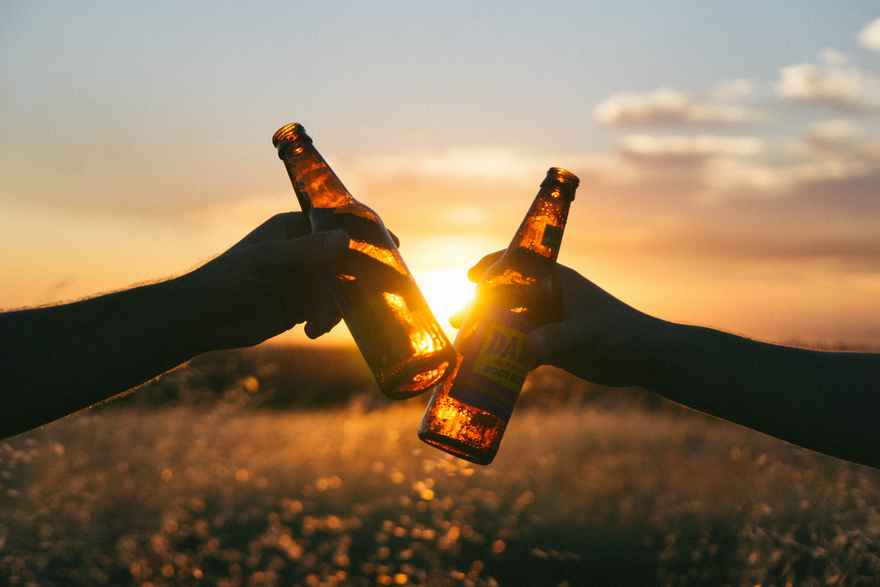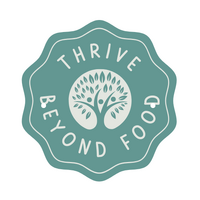
As a culture, we drink alcohol. It's a normal part of life. As a matter of fact, in some social circles you have to make excuses for NOT drinking!
The first question you're asked when you are seated at a fine restaurant is "What can I get you to drink?"
Beer and wine commercials are everywhere on TV.
There are wine tastings everywhere these days...and they're lots of fun!
There's alcohol at almost every sporting event!
Why? What is it about alcohol that we have come to embrace in our society and enjoy as individuals?
The answer is DESIRE...we desire it.
What is Desire?
Desire is something that we learn. Most people feel like desire isn’t a choice, that it’s something we either have or don’t have. We either desire our spouse or we don’t—nothing we can do about it. We either desire chocolate or we don’t. We think we have no control over it.
Desire is one of those unconscious, programmed things that we seem to experience involuntarily.
It’s because of the way the brain works. When we learn something and repeat it many times, the brain recognizes that it’s a pattern and then takes it out of the thinking part of the brain, the prefrontal cortex, where it takes a lot of energy to think about and puts it back in the midbrain so it can be automatic.
Desire is a Habit
Habits aren’t something you have to think about consciously. Walking, brushing your teeth, driving your car—it’s all learned behavior. In the beginning, learning the behavior took a lot of energy, but once you repeated it several times, it became automatic. Now it's something that goes on automatically in the background - it's not something that you consciously think about.
Desire is the same thing. Desire is something that we learn from repetition. Think about learning a language. You learn by repetition. You practice it over and over, and then it becomes natural. You can speak that language without even thinking about what you’re trying to say.
It’s the same with desire. You practice it enough times and get rewarded enough times for practicing it, that it becomes natural, something that’s going on in your involuntary brain.
When you see a glass of wine, you feel desire that seems like it’s coming from something unconscious. It seems involuntary because it’s something you’ve programmed into your mind.
You’re Not Out of Control, You’re Just Programmed to Desire
Having this knowledge is life-altering. When someone feels an involuntary, unconscious type of craving for alcohol, it can be scary if they don’t understand it.
- “Oh my gosh. Am I an alcoholic?”
- “Where is this coming from?”
- “Why do I feel so out of control?”
- “Why did I drink so much more than I wanted to?”
- “Why did I drink when I told myself I wasn’t going to?”
It can seem like something is taking you over. When you understand desire, you’ll understand that nothing is taking you over. You have merely unconsciously programmed your brain to desire automatically.
And the good new is, if you are the one who created it, you are the one who can “un-create” it if you don’t want that desire to be there. You’ve practiced it and you’re good at it, but that doesn’t mean you have to keep doing it, even if the desire feels intense.
Reward is the Key
Your desire feels intense because of the reward associated with it. Desire is about programming something until it becomes automatic, but it’s not going to be an intense desire unless there’s a reward.
Our desire to brush our teeth is something that we’ve programmed into our lives from an early age. It’s a habit that we’ve practiced. It’s something we have repeated often enough that we do it automatically - but we aren’t compelled to do it. We don’t have a compulsion to do it because we don’t have a strong enough reward associated with it. The reward hasn’t perpetuated the desire.
When you learn something, if there’s a reward associated with it, the habit becomes even more intense and manifests as an involuntary desire.
There are two pieces to this. The first piece is that we desire something because we have automatically practiced it with enough repetition that it becomes unconscious. The second piece is what creates an emotion.
All of our emotions and feelings come from our thinking. When we think about something, we create that emotion.
In my next article, I'll talk more about emotions and how they’re created by our thoughts and how this process leads to our automatic desire to overdrink.
If you want to know more about automatic habits and how to create or change them, contact me at sheila.gravely@thelifest.com.
Photo Credits: Photo by Wil Stewart on Unsplash

Comments